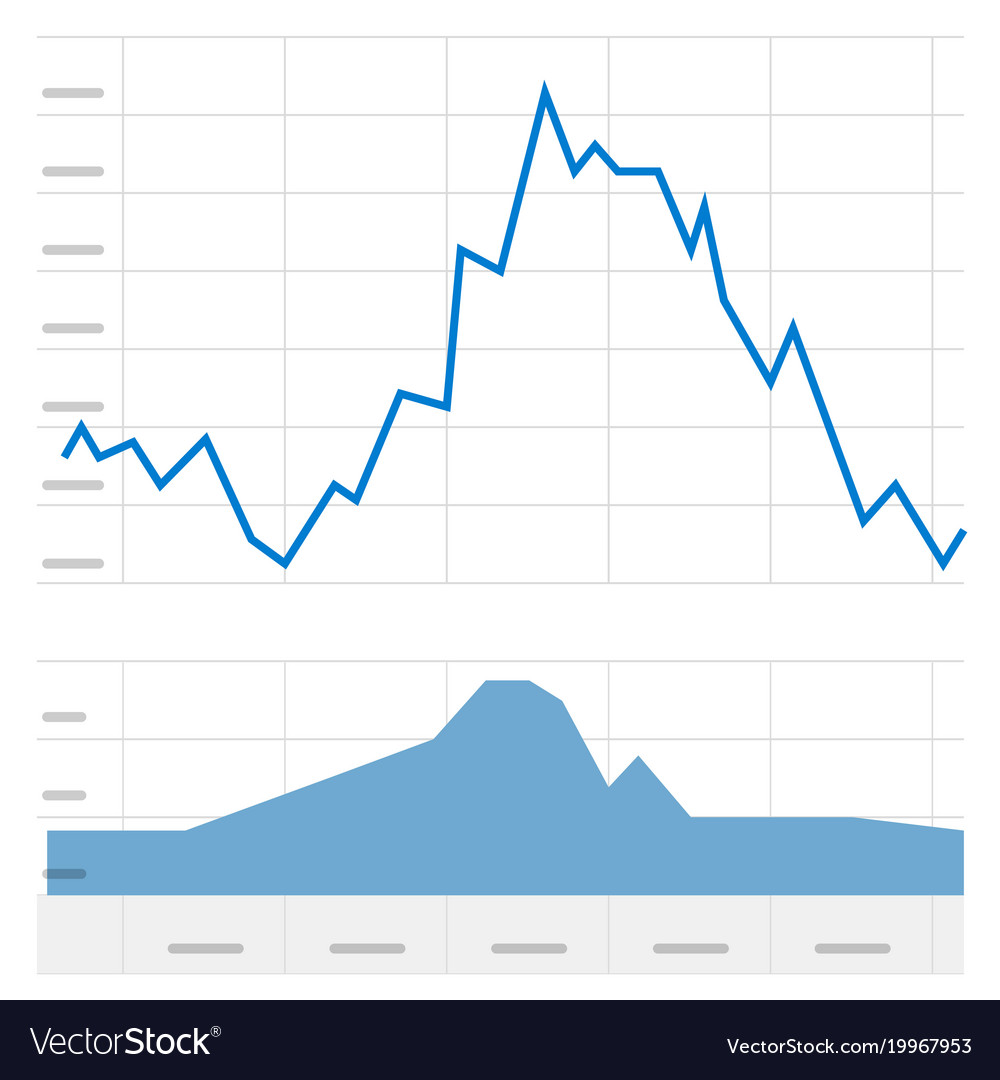The economy is The Issue in this election, more than any other. We have two very different visions on offer from Barisan Nasional and Pakatan Rakyat, and our choice could determine the future direction of the nation.
Prime Minister Datuk Seri Najib Razak has been praised for his successful handling of the economy, from none other than the World Bank and the International Monetary Fund (IMF).
The reasons are there for all to see: Malaysia saw “gravity-defying” growth of 5.4 per cent in the second quarter, at a time when developed economies would be happy to grow by just 1 per cent, and our exports grew by 2.6 per cent in September over the same month last year.
We are also seeing record levels of foreign investment, and KL is now a global IPO powerhouse, overtaking financial centres such as London and Hong Kong. Three of Asia’s four biggest IPOs in 2012 have come from Malaysia, as total listing values have more than tripled from last year to RM21.1 billion.
What lies behind these impressive figures? It’s simple really. Najib is unleashing our potential through his economic reforms, encouraging us to think big and be competitive, and by pushing education and innovation as growth drivers for the future.
This is an economic vision on the grand scale, one that will power Malaysia ahead for the next few decades. The immediate goal is high-income status by 2020, but as the National Education Blueprint 2013-2025 shows, the Prime Minister is thinking far beyond that date.
His ambitious Economic Transformation Programme (ETP) aims to channel RM1.3 trillion in mostly private investments to high-growth areas, in a concerted effort to break Malaysia out of the “middle-income” trap that affects other emerging economies.
The programme includes structural reforms aimed at boosting competitiveness and government efficiency, while reducing the state’s involvement in the economy by divesting stakes in 33 companies.
The Government has also halved the 761 varieties of licenses that business start-ups were earlier required to obtain – a crucial step towards raising the country’s competitiveness.
Compare this to Pakatan Rakyat, which offers no real coherent economic policy, except for a series of populist promises that will only drain the exchequer if ever implemented, such as cheaper cars and the abolishing of tolls and PTPTN loans.
It has ignored the millions of hard-working Malaysians who are not interested in expensive foreign cars. They are simply making ends meet and planning important life decisions like educating their children and buying a home.
BN is making a huge difference in these areas, with the Government implementing a minimum wage policy, making sweeping changes in education, and promoting affordable housing.
Instead of thinking of the rakyat, Pakatan is busy mollycoddling the small minority who want foreign cars, trying to save them money by making these cars cheaper and by abolishing the tolls they have to pay.
Pakatan’s populism may be a blatant attempt to attract short-term votes, but it will not add to economic growth or to job creation in the long-term.
Neither will the bickering among Pakatan allies convince anyone that the coalition is ready to govern. With PAS fighting DAP over hudud, “Godfather” fighting “Warlord” within DAP, and Azmin Ali fighting Khalid Ibrahim/Faekah Husin/perhaps others in Selangor, Pakatan resembles a shaky house of cards.
Even if it wanted to, there is little likelihood that the Opposition coalition could take the tough decisions needed to keep an economy in good shape, let alone plan ahead for the next decade.
So it is clear that a vote for Pakatan would be a vote for indecision and policy-making chaos, which will batter our economic growth and national development.
Add to that the anti-business stance taken by such Pakatan stalwarts as Penang Chief Minister Lim Guan Eng, with his irrational campaign against the Lynas rare earths refinery, and it’s no wonder that foreign investors would be very worried if Pakatan ever takes over Putrajaya.
If foreign companies do decide to head for the exits, that would not only hit our growth, but they would take their jobs with them – a huge loss for young Malaysians.
Key issues can sometimes be discussed and debated, with some kind of compromise possible. On the economy, however, there is no room for debate. It’s a stark choice between BN’s roadmap to high-income status and global competitiveness, and Pakatan’s haphazard path to a middle-income future.
It’s not a difficult choice after all.

